Frankly I’d never thought about the idea of eating duck eggs. Up until a few months ago I don’t think I’d ever eaten any kind of egg other than that which had come from a chicken. Because I’d never seen duck eggs in the super market I just naturally figured they weren’t for human consumption. Then I heard my friend Tim McFarlane bragging about how much he loved eating eggs laid by his turkeys’. Whoever heard of eating turkey eggs! Anyway, Nancy’s three Rouen ducks had started regularly laying eggs in their pen before we turned them loose on the pond below the house (see entry #192) and she decided we should give them a try. She fried a few up for breakfast one day and to my surprise I couldn’t tell the difference between them and fresh chicken eggs, except for the fact that they were larger and their shells were quite a bit thicker. The hard to crack shell made me wonder if they may not have a higher calcium content. It also made me curious as to how they might compare nutritionally to the traditional chicken egg.
After a little investigation I discovered there’s bad new and good news, but mostly good. First the unfortunate news for duck egg lovers is that duck eggs are higher than chicken eggs in cholesterol; partly because their yokes are nearly twice as big. The rest is good news. Duck eggs are higher in vitamins B6, D, E, A and B12. They are also 50% higher in mono unsaturated fat (which counteracts the bad news concerning cholesterol) and they are higher in protein. Another advantage is their shelf life. Due to their thicker shell duck eggs can be refrigerated safely for up to six weeks; far longer than a chicken egg.
When it comes to cooking, you can do anything with a duck egg that you can with a chicken egg. Some gourmet cooks prefer duck eggs for baking. This is especially true in European cultures where they have never been considered unusual. There is another advantage to ducks for those folks who live within city limits where chicken ordnances are enforced. In the city of Boise the rule is that a household may only have four chickens as long as none of them are roosters. In some neighborhoods there are no chicken’s allowed at all, yet nothing is generally said about ducks. Ducks don’t crow and are considered to be more pets than other farm animals. I think the Aflac Duck has given some favorable press to ducks in general, but especially toward the now famous white Pekins variety.
Aside from their eggs ducks are considered the best barn yard animal when it comes to composted manure. Their fertilizer, when properly seasoned is high in nitrogen and the very best for flowers and vegetables. Another favorable fact to consider when it comes to farmyard poultry is that ducks are avid insect eaters. One of the reasons we have decided to raise more ducks is because of their reputation for being grasshopper eradicators. The chickens have tried to keep up with the waves of grasshoppers that seasonally infest our country here, but ducks are said to have a much healthier appetite for these horrible pests. (See entry #104 – Agriculture category)
Duck eggs are starting a trend in the organic food market. More and more free range duck eggs are being sought after by folks who are seeking healthier organic, locally grown, food sources. Soon I believe there will be a greater demand than supply which is good for small farm people looking to make a little extra money. Also, ducks are cute. They have great personalities and are a kick to watch. Mostly for the latter reason Nancy decided to buy over twenty new ducklings which are as we speak taking over our second poultry coup. She says she has great plans for their future, but so far I’ve heard nary a word about roasted duck.

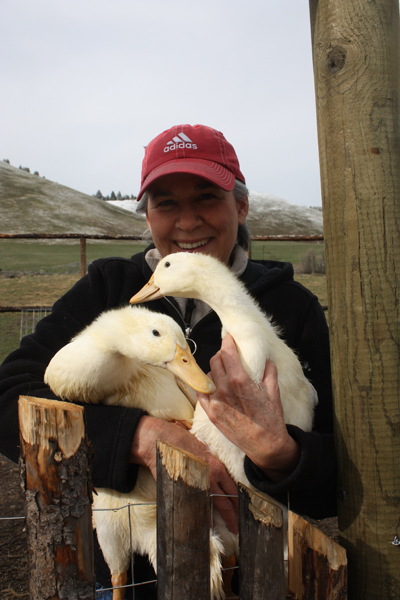
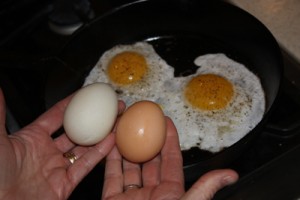
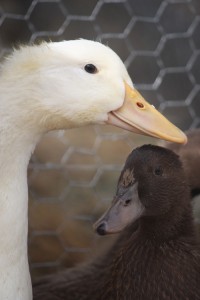
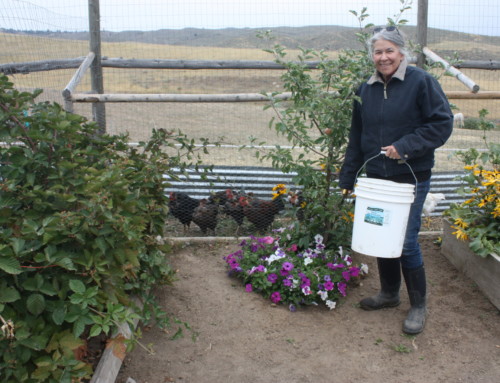
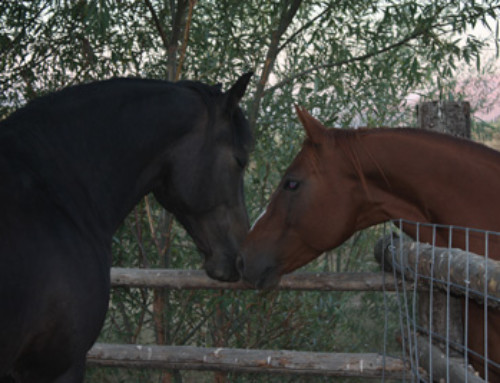


Leave A Comment
You must be logged in to post a comment.